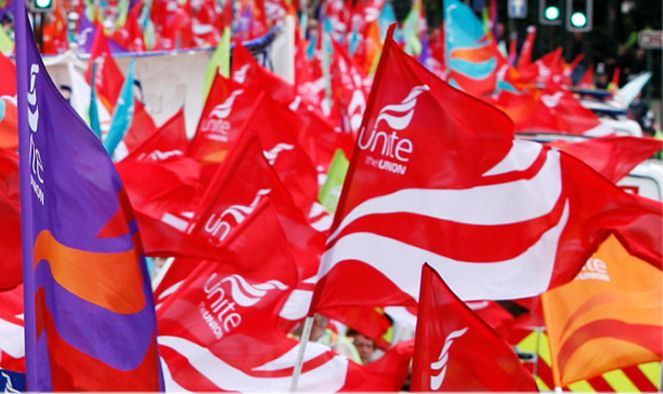Wonga collapses
Payday lender Wonga — which gained notoriety over the last decade for its aggressive debt collection practices, eye-watering interest rates and dogged tax avoidance — collapsed into administration last night (August 30).
The firm’s demise means tens of thousands of people who were pursuing compensation claims after the company issued fake legal letters in 2014 among other unfair practices are now unlikely to receive any payouts.
While no new loans will be issued, an estimated 200,000 people still owe about £400m — these customers have been told to continue making payments which will be overseen by administrators Grant Thornton.
At the height of Wonga’s popularity, customers faced annual interest rates on loans of nearly 6,000 per cent, but the company was forced by the government to cap their rates to 1,500 per cent in 2015.
It was this cap on interest rates, followed by a flood of compensation claims after the Financial Conduct Authority (FCA) ordered the company to pay ÂŁ2.6m for sending its customers dodgy legal letters to demand repayment, that reportedly tipped Wonga over the edge into administration.
The compensation claims came mostly from claims management companies, with one company, PaydayRefunds, reporting that it put forward 8,000 claims in the last six months alone.
The flurry of claims prompted Wonga to raise an emergency fund of £10m from shareholders — which precipitated another sea of claims — but in the end this wasn’t enough to ward off the firm’s collapse.
‘Usurious’
Wonga, which employs about 500 people, has long been criticised for offering short-term loans with sky-high interest rates and targeting vulnerable people with slick marketing campaigns.
In 2012, the Bishop of Durham Justin Welby called the company’s interest rates “shocking” and “usurious”. In the same year, it was revealed that Wonga employees had sent abusive tweets to Labour MP Stella Creasy, who is an outspoken critic of Wonga and other payday lenders.
Responding to last night’s news Creasy tweeted, “If we want to stop the Wongas of the future we need a cap on all forms of credit and a government that supports living wages and credit union access” as she pledged to support customers affected by Wonga’s collapse.
Skyrocketing debt
Wonga’s demise comes against a background of cumulative household debt skyrocketing. Last week, UNITElive reported that outstanding household debts including utility bills and council tax among other debts had reached nearly £19bn.
Last year, consumer debt that included credit cards, overdrafts, payday loans and car loans topped £200bn for the first time since the financial crisis, up 10 per cent the previous year.
Much of this debt was being shouldered by young people, but FCA chief executive Andrew Bailey warned that “we should not think this is reckless borrowing.”
“This is directed at essential living costs,” he said. “It is not credit in the classic sense, it is [about] the affordability of basic living in many cases.”
This is reflected in surveys — a ComRes poll found that one in 10 people need a payday loan just to get by. ComRes also found that about 93 per cent of the public and 98 per cent of MPs believed there is a problem with payday lending. About 65 per cent of MPs and the public both supported a cap on the total cost of credit.
Unite has long campaigned against payday lenders, most recently in its â€Stop the Sharks’ campaign that lobbied for greater government regulation.
Unite assistant general secretary Steve Turner said Wonga’s success on the backs of desperate people struggling to make ends meet, and its subsequent failure, indicate a fundamentally flawed economic system.
“There will be few tears shed over Wonga’s woes which have seen its chickens come home to roost over business practices likened to legal loan sharking,” he said. “But as the firm plunges into administration it will be workers, and the customers who the firm took to the cleaners that will lose out.
“While senior executives walk away having pocketed fat pay cheques off the misery of others it will be customers owed compensation at the back of queue,” he added. “Wonga and the emergence of similar pay day loan vultures are a symbol of everything that is wrong with our economy which sees too many people trapped in insecure work and a spiral of debt because of shrinking incomes. Until we build an economy that works for everyone the exploitative pay day lenders will continue to profit off the misery of others.”
 Like
Like Follow
Follow


